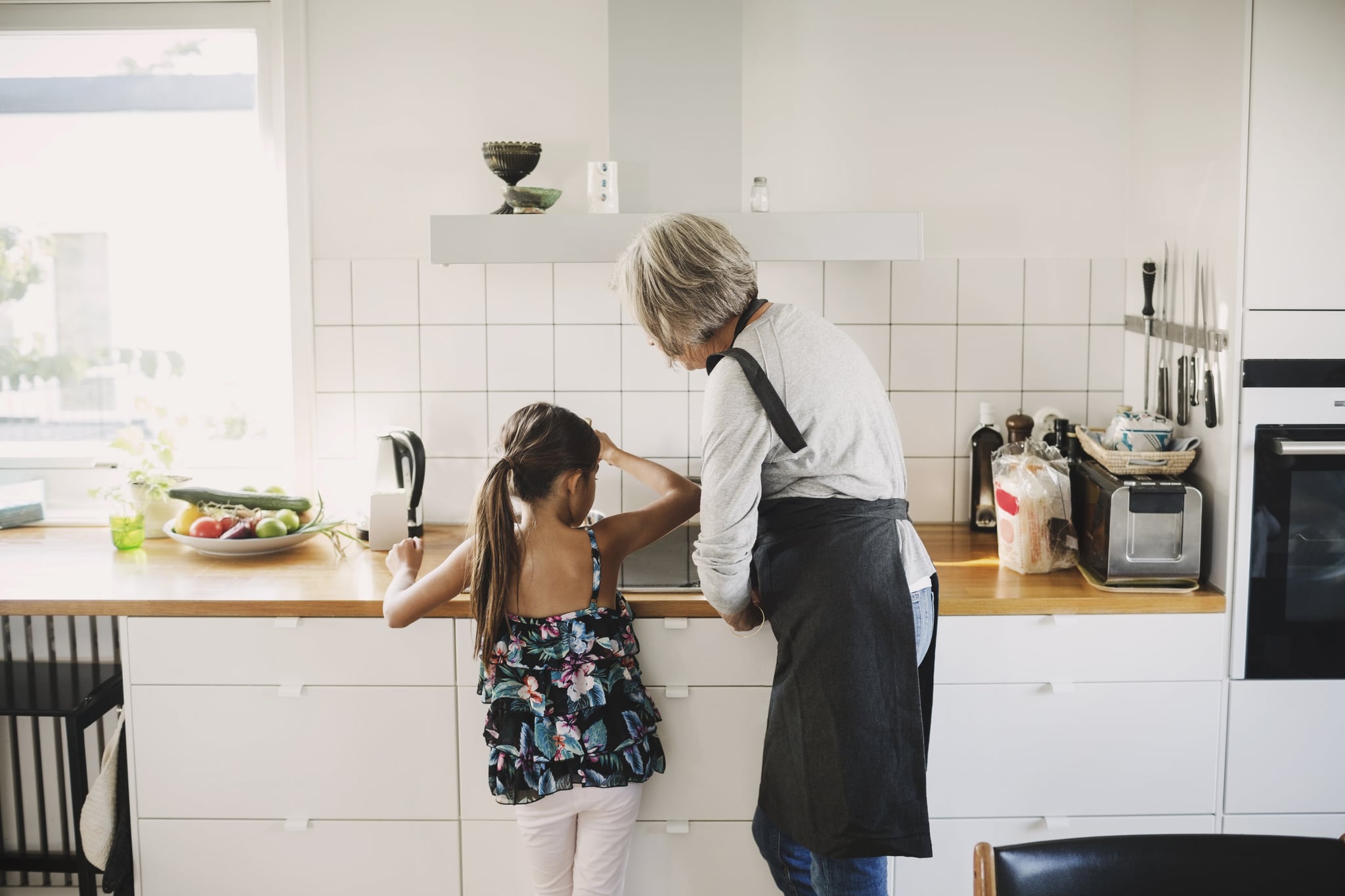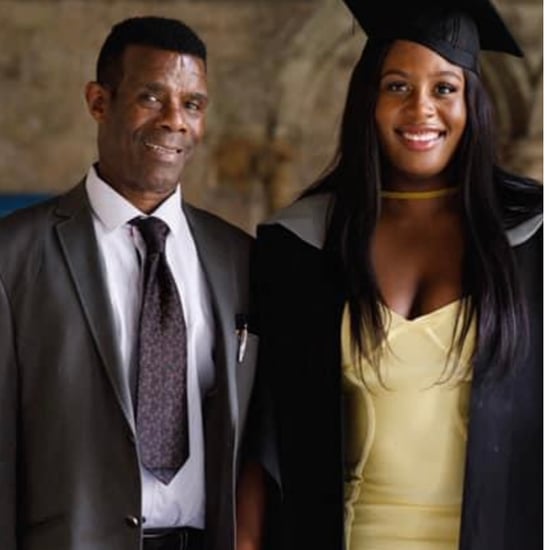I Made My Mother-in-Law Get a COVID-19 Test to See My Kids
I Made My Mother-in-Law Get Tested For COVID-19 to See My Children

Everyone knows extended family and money don't mix. You know you don't talk politics or religion at the table. But what about when you have to tell a family member you love what to do because their decisions affect you? And what if it's about COVID-19? And what if that family member is your mother-in-law?
Before the world turned upside down, our family of four had made lots of plans. A trip to Disneyland. A week of sleep-away camp for both girls, meaning a belated 10-year wedding anniversary trip to London for us using miles and hotel rewards. And at the end of it all, a visit from my in-laws for a long Labour Day weekend. But you know how this song ends. We lost the miles. The hotel rewards? Not refundable. Disney gave us our money back, but even when it reopened, we were and are still unwilling to fly across the country. It felt like the whole world was on pause indefinitely.
Our younger daughter is medically complex and disabled. She is not immunocompromised, but she has landed inpatient because of tiny things causing big infections, and when she gets so much as a sniffle, it can be difficult for her to shake. We did not want to experiment with her getting COVID-19, so we were sheltering in place for a little longer and quarantining a little stronger than many other people we know. We put signs on our door that said "STOP! MEDICALLY FRAGILE CHILD!" We placed hand sanitizer at the front door and the back door, in both cars, and in every backpack. A friend made us masks, and more masks. Our daughter's medical care transitioned easily to telehealth. In six months, we had two ED visits only, which was nothing short of miraculous.
But the summer was long. We were bored. We read. We did art. We did yoga and walked for miles, always the same miles. We watched a lot of screens. We went nowhere. My husband did the food shopping; I picked up the meds. We were afraid to go anywhere or touch anyone. We made no exceptions except, eventually, for caregivers for our younger daughter, who has in-home care provided by the state, and eventually after that, for one outside friend per adult whose general whereabouts we knew and whom we trusted implicitly.
This was not easy. My husband's sister passed away in late spring, and we did not go back to be with his family. Then his grandmother passed away, and we did not go back for that, either. My parents are elderly and in poor health; they did not become proficient Zoomers, so we fell into a routine of talking on the phone nearly every day. None of this was enough, yet all of this had to be enough.
When our town made the decision to reopen the schools the day after Labour Day and send the kids back for half a day, every day, we were thrilled. We were all excited to "put on pants again," as one of our daughters said. We decided the best thing we could do to prepare for back-to-school was to batten down the hatches for all of us. We had to make sure our kids were healthy when they went back.
I assumed my in-laws would not come for that long Labour Day weekend. I assumed wrong. On a Tuesday, my husband announced brightly, "So, my family will be here on Friday!" I asked if they'd be getting tested. "I doubt it," he admitted.
"Then they're not coming," I said.
"I can't tell them they're not coming," he said.
"Then they're getting tested," I said. "Or they can stay in a hotel. We can pay for it."
"And what? We stay outside all weekend?"
"Exactly."
They didn't like these options. In their opinion, some people were taking the COVID thing too far.
Some people explained to my mother-in-law that if for no other reason, they should do it for the kids. One, to keep our younger daughter out of the hospital. And two, even if I were willing to expose my children, ethically, I'd have to keep them home for two weeks after their visit to ensure they didn't expose anyone at school.
"Besides," I remarked to my husband, "if someone were offering me an all-paid long weekend in a nice hotel, I'd take them up on it so fast! Wouldn't you?"
"You don't know my parents," he said. He was right. They didn't come.
It wasn't personal. It wasn't that they didn't believe in COVID. My mother-in-law is an essential worker who has braved antimaskers day in and day out to make sure her family is fed and the bills are paid. But travel is hard on them, and change, even harder. We wanted them to visit, I said. Of course I did, but . . . in a pandemic, there has to be that "but."
"I understand," she responded. "I have another long weekend in October. We can try again then."
"Great!" I texted back. "Let me know the dates and I can make your testing appointment for you or I can reserve the hotel room for you. Whichever you prefer."
Again, we didn't think they'd come. And they almost didn't. One by one, the family members dropped off. One didn't feel well. Two had a party to go to. But my mother-in-law agreed to get tested. We had to explain that it had to be a PCR test. A rapid one. That she'd have to get it after leaving home but before coming to us. And she did it! She agreed to wait at the testing site for my husband to pick her up. He drove over 200 miles to her, and when she got her negative results, he drove all the way back with her. He did not get out of the car except to get gas. And at the end of the weekend, he drove her 200 miles home, did not go inside to see the rest of his family, and drove all the way back to us.
In the end, I was proud of my mother-in-law. I felt respected and heard, and I was happy that visiting her son and her grandchildren meant enough to her that she was willing to step out of her comfort zone and do something she didn't quite believe in. I was proud of my husband for going the extra mile — or really, the extra 800 miles — to make it easy for her to get to us and back safely. It wasn't Disney. It wasn't London. But it was a weekend of movies and takeout and stories, a weekend of family sitting around the table lingering over coffee, reading books, playing a game with the kids, being together. It felt like normal life, and it was worth it to all of us.









